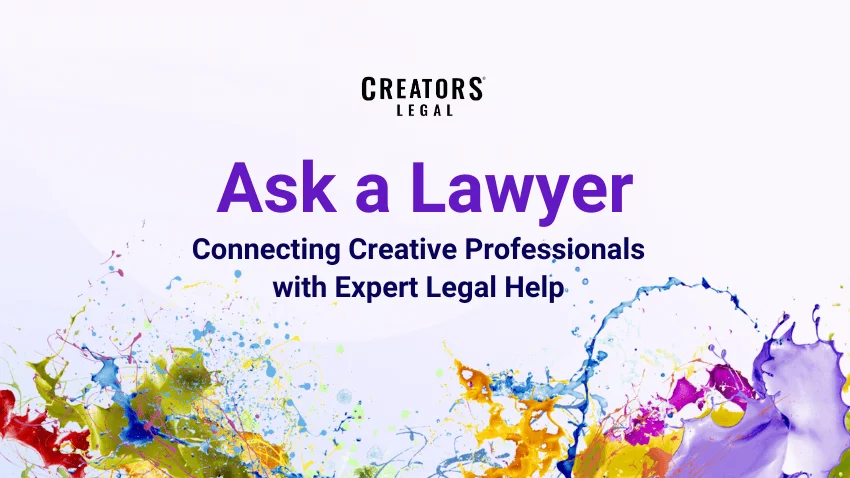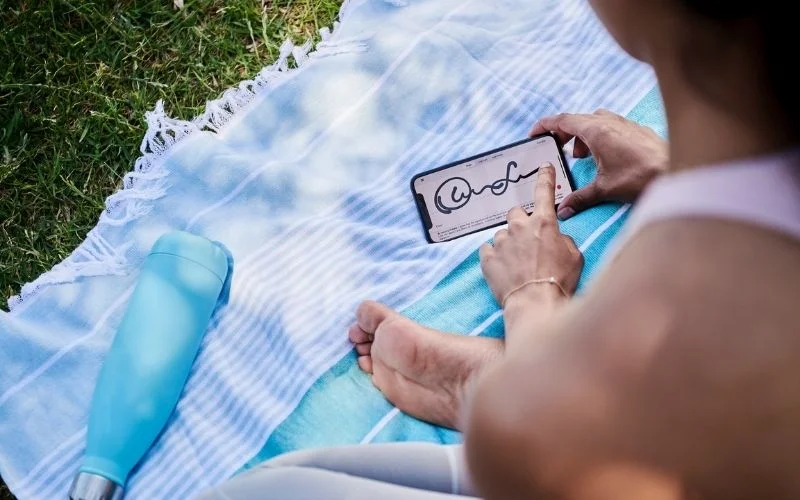If you’re an aspiring author, you must have heard of book royalties. These are payments that publishers make to an author for publishing their book, which is also how authors earn money. The process behind royalties often confuses many first-time authors, prompting questions such as when they can start earning royalties and how much they can make.
Understanding royalties is crucial if you want to be a full-time writer. It will help you figure out a contract that favors your best interests. Here’s what you need to know about book royalties and how much you can earn as an author:
1. What Are Book Royalties
A book royalty is the amount that a publisher pays an Author in exchange for the rights to publish their book. Royalties are a percentage of book sales, which means that an author can earn 7.5% royalties on every paperback sold and 25% royalties on every e-book sold.
Royalties are a staple in traditional publishing, but they don’t exist in self-publishing since authors determine the prices and the profit margin.
Even though many authors depend on royalties to earn money, they don’t always favor the author since it compels publishers to prioritize book sales instead of quality.
2. Book Royalties Aren’t the Only Way to Earn Money
Authors can make money through various other ways apart from selling their books. They can become a guest speaker, look for new clients, offer consulting services, launch a related product, or create a personal brand.
While the best-case scenario is to write a book that flies off the shelves, that doesn’t always happen, so exploring more ways of generating income is ideal.
Unfortunately, publishers only buy books they think will sell in large numbers, marketing them to the largest audience possible. Revenue can come slow, but if you work hard enough, you will become an earning author.
3. The Typical Rates for Book Royalties
Generally, the average royalty rate is around 10% under traditional publishing and 70% under self-publishing.
Traditional publishing:
- Trade paperback sales: 7.5%
- Hardcover sales: 15%
- Mass-market paperback sales: 5%
- E-book sales: 25%
- Audiobook sales: 25%
Self-publishing:
- Amazon KDP (Kindle Direct Publishing): up to 70% royalties for books between $2.99 and $9.99, 35% if below $2.99
- Apple Books:> up to 70% royalties
- Google Play Books: up to 70% royalties
- Barnes & Noble: up to 70% royalties for e-books, 55% for prints
- Kobo: up to 70% royalties for books priced more than $2.99, 45% if below $2.99
However, some contracts for authors include graduated royalties, which means you’ll earn an increased percentage once you sell a certain number of copies.
4. Calculating Book Royalties
For the most part, publishers pay royalties based on the book’s retail price. For instance, if the book sells at $25 and the royalty rate is at 5%, you will earn $1.25 for every book sold. These royalties are usually called list or retail royalties.
Retail royalties are the best deal you can get. Because if your book enters the best-selling list, you will have stability in your income.
Sometimes, publishers pay authors royalties on net sales, which involves selling the books to bookstores at different prices. What you earn depends on how much it sells at these outlets; of course, after factoring in price differences and discounts.
5. All About Advances
An advance is an up-front payment that a publisher pays an author for the right to publish their book. While you may have heard of advances worth millions of dollars for top-rated books from major publishers, the reality is that most advances are much smaller.
Six-figure advances are typical in large publishing houses, and five-figure advances are more common everywhere else. However, it is also possible to receive small advances, especially from academic presses.
It’s important to note that you won’t earn royalties until your book has sold enough copies to repay the advance.
6. Self-Publishing Royalties
E-books are terrific for making a big first impression. And, because you don’t need an agent to publish an e-book, you can keep everything you earn. You can self-publish your work on platforms like Amazon KDP (Kindle Direct Publishing), Apple iBooks, Barnes & Noble, and more!
Also, when you self-publish, you don’t have to share your book royalties with a publisher. Instead, you keep all the money from sales. Self-publishing royalties are much smaller than what you would get if you handed over the rights to a New York publisher.
For self-publishing, you have to take into account many things. You are alone for editing, creating the cover, making the marketing efforts, etc. In other words, you’ll have to hire an illustrator for the cover and a book editor to check your work. If you want to take this path, keep yourself and your book safe by getting a contract between author and illustratorand a contract for hiring an editor.
The Wrap
Book royalties can be tricky to navigate if you’re a first-time author. However, by understanding how it works, you can get the best deal possible. One that protects your interests and the best royalty rates.
So, how can you negotiate these deals and be sure the publisher will comply? Get a contract agreement, where you’ll decide which rights are you willing to give the publisher and what are you earning.
If you don’t want to take chances with your work, you can self-publish it and earn the full profits or at least a significant portion of them. Whether you choose the traditional approach or self-publishing your work, you must ensure that you are safeguarded at all times.
Get the best contract for your situation and don’t take any risks! It is only your lifetime work, and you must protect it at all times!
Creators Legal is the first and only legal platform for content creators. We designed a platform just for content creators to craft simple, straightforward, and trustworthy contracts in a fast, easy-to-use platform. With a powerful form builder, a secure e-signature system, and your own personalized dashboard to store and organize all your contracts, you can get yourself protected in minutes without the need for expensive entertainment lawyers!






